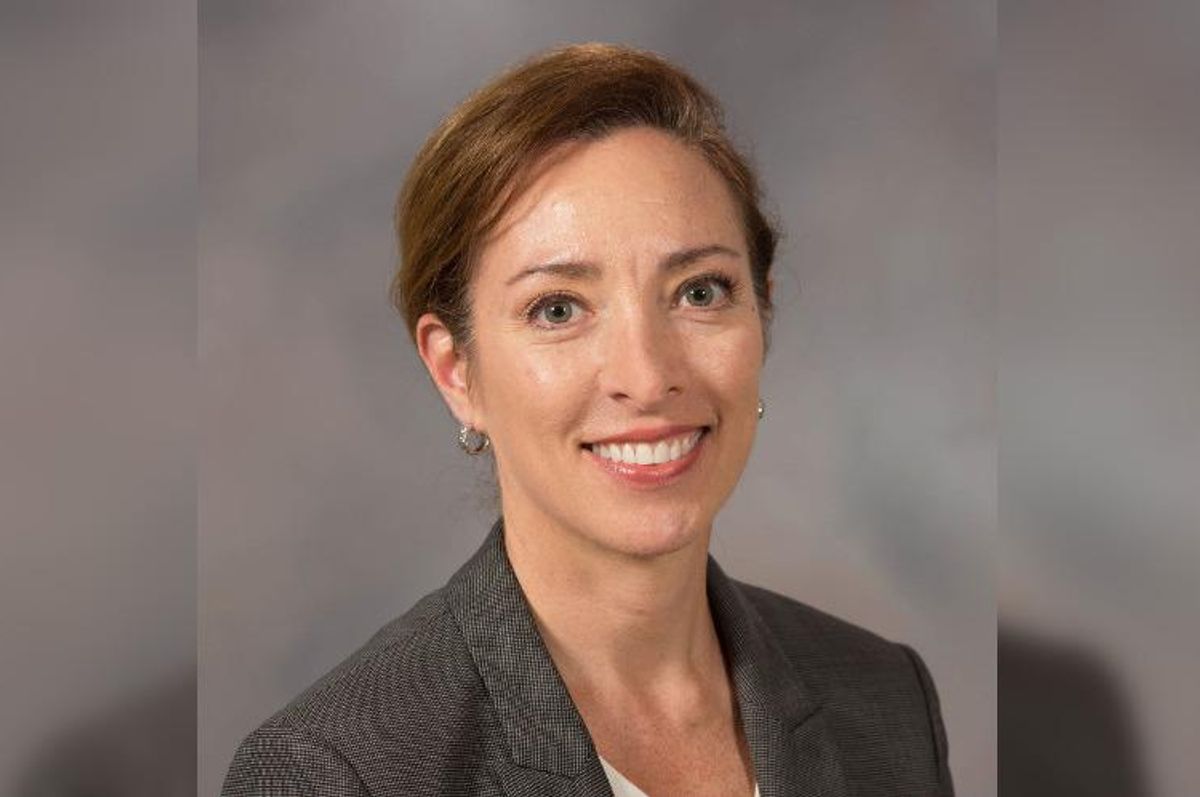Editor's note: In this week's roundup of Houston innovators to know, I'm introducing you to three local innovators across industries — startup development, fintech, and health care — recently making headlines in Houston innovation.
Grace Rodriguez, CEO and executive director of Impact Hub Houston

Impact Hub Houston has two new initiatives for female founders. Photo courtesy of Impact Hub Houston
Two accelerator programs were recently announced and they both are aimed at supporting female founders — and one Houston organization is behind them both. Impact Hub Houston announced that it has partnered up with Frost Bank to sponsor eight female founders to participate in Impact Hub's new Accelerate Membership Program.
Additionally, Impact Hub Houston has teamed up with MassChallenge for their own initiative supporting female founders in the Houston-Galveston region in partnership with Houston-based Workforce Solutions. The three organizations are collaborating to launch launch a bootcamp to support female founders in the greater Houston region.
"As a female founder myself, I'm incredibly excited about this opportunity to support and uplift more women entrepreneurs and women-led businesses in our region," says Grace Rodriguez, CEO and executive director of Impact Hub Houston, in a news release. "By now, it's no secret that women, and especially women of color, are under-invested in; and this is our chance to change that by helping more women strengthen their businesses and prepare to seek funding." Click here to read more.
Youngro Lee, co-founder and CEO of NextSeed and COO of Republic

What does the future of investment look like? That's something Youngro Lee thinks about daily – and he shares his thoughts on this week's episode of the Houston Innovators Podcast. Photo courtesy of NextSeed
The world of investing is changing — and the power shift is tilting from the rich elite to individuals. Youngro Lee, co-founder and CEO of NextSeed and COO of Republic, has seen the change starting several years ago.
"Investing is traditionally seen as something you can't do unless you're rich," Lee says on this week's episode of the Houston Innovators Podcast. "There was a certain understanding of what anyone (looking to invest) should do. … But now the world is so different."
Lee shares more about the future of investing and how he's watched the Houston innovation ecosystem develop over the years on the episode. Click here to read more and stream the podcast.
Liz Youngblood, president of Baylor St. Luke's Medical Center and senior vice president and COO of St. Luke's Health

As we enter year two of the pandemic, the way hospitals function now and in the future is forever changed. Photo courtesy
No industry has been unaffected by COVID-19, Liz Youngblood, president of Baylor St. Luke's Medical Center and senior vice president and COO of St. Luke's Health, observes in a guest column for InnovationMap. But hospitals — they've had a spotlight shown on them and their technology adoption since day one of the pandemic.
"The pace of innovation for hospitals has been at breakneck speed — from the evolution of new treatment protocols to the need to reconfigure physical spaces to support an influx of patients while also promoting a healing environment during this unprecedented time," she writes.
Hospitals, she says, look and feel completely different now than they did last year and the year before that. Click here to read more.
